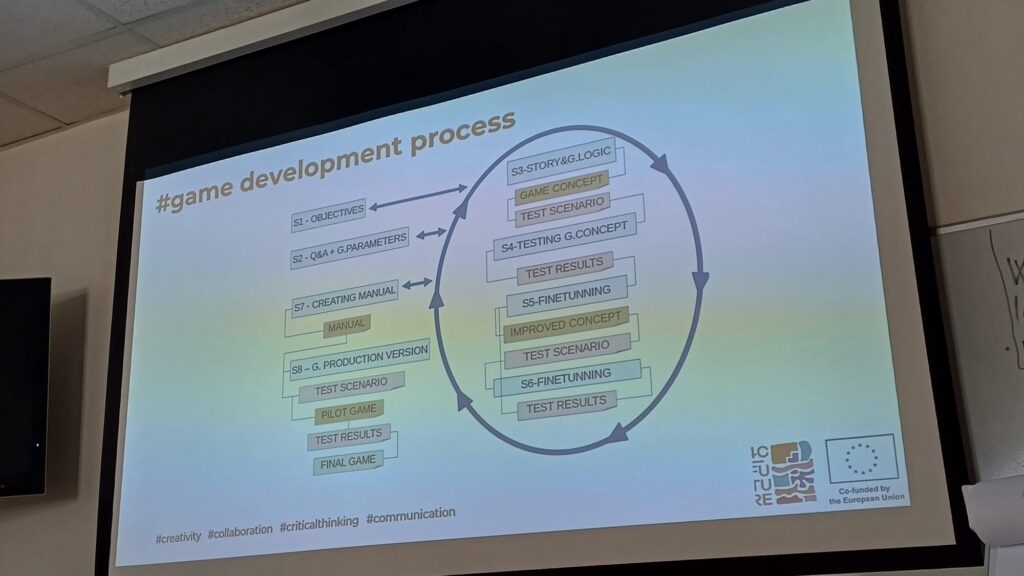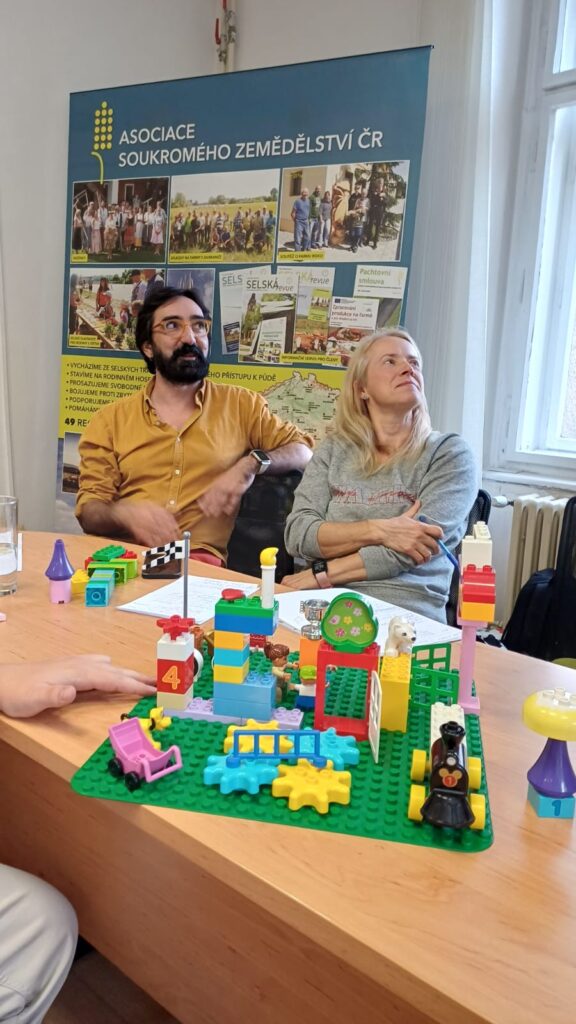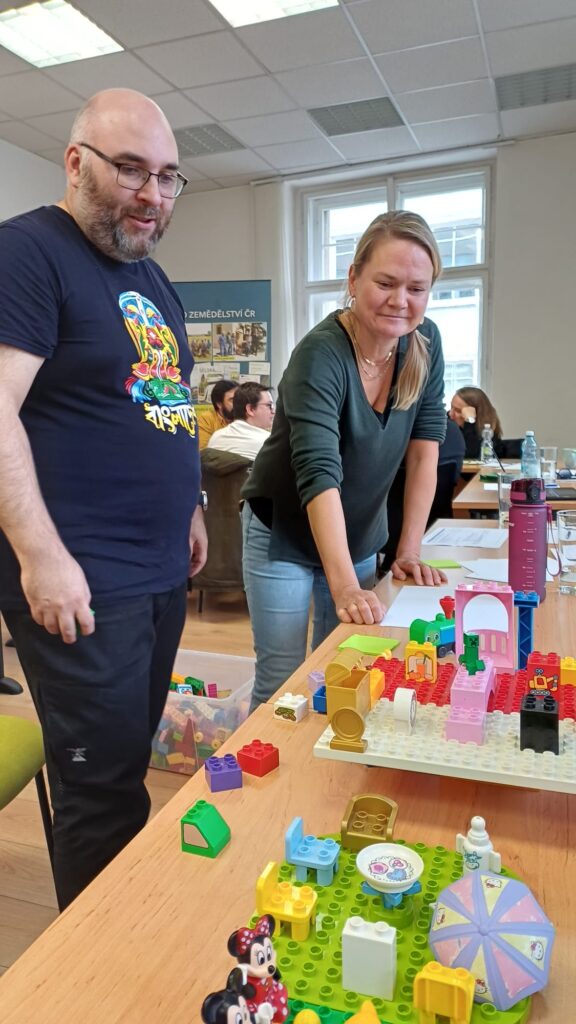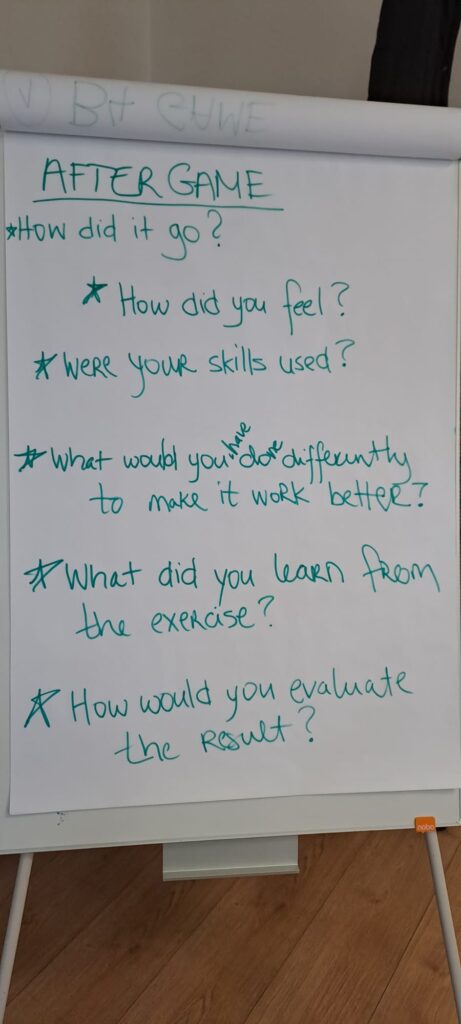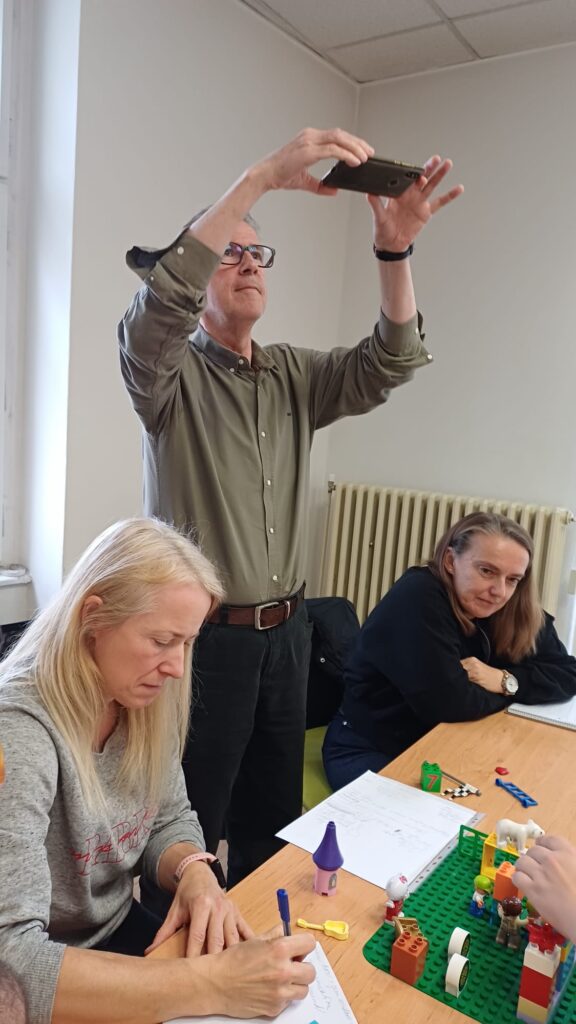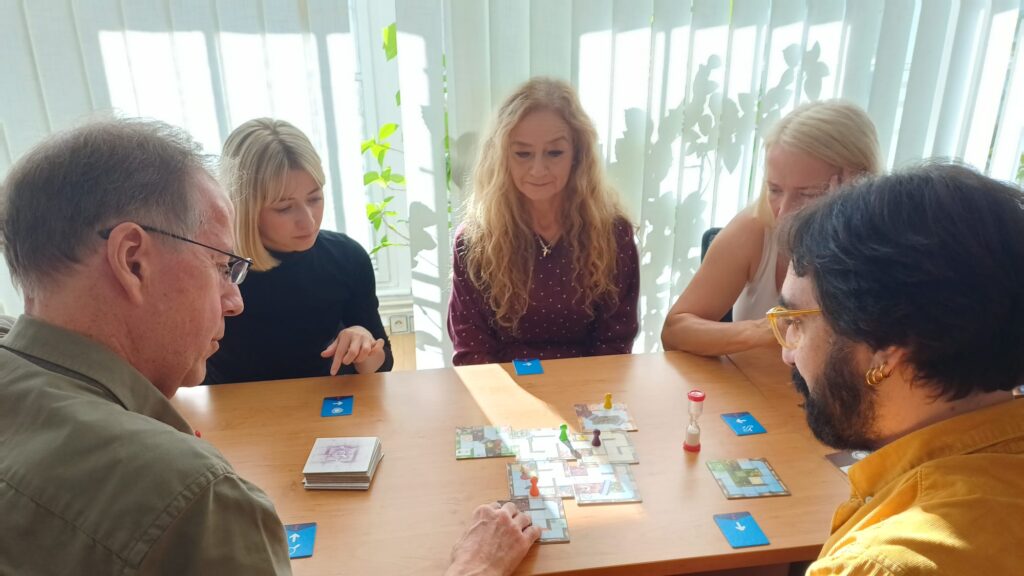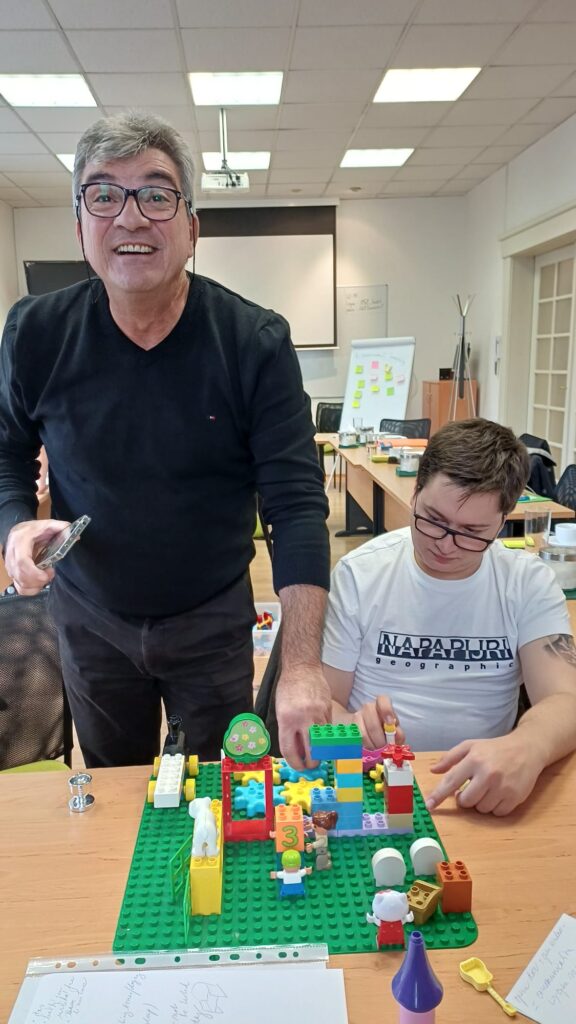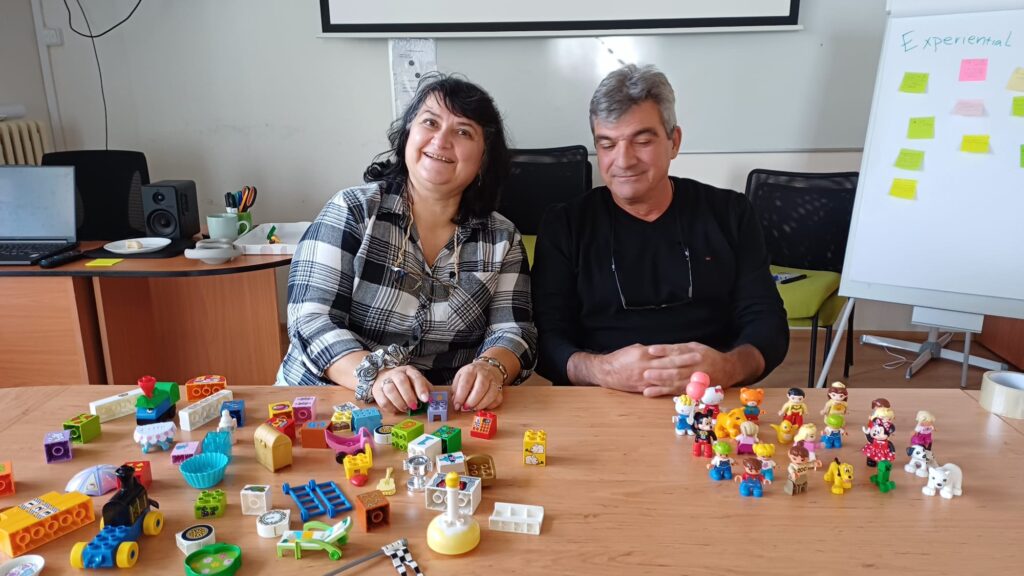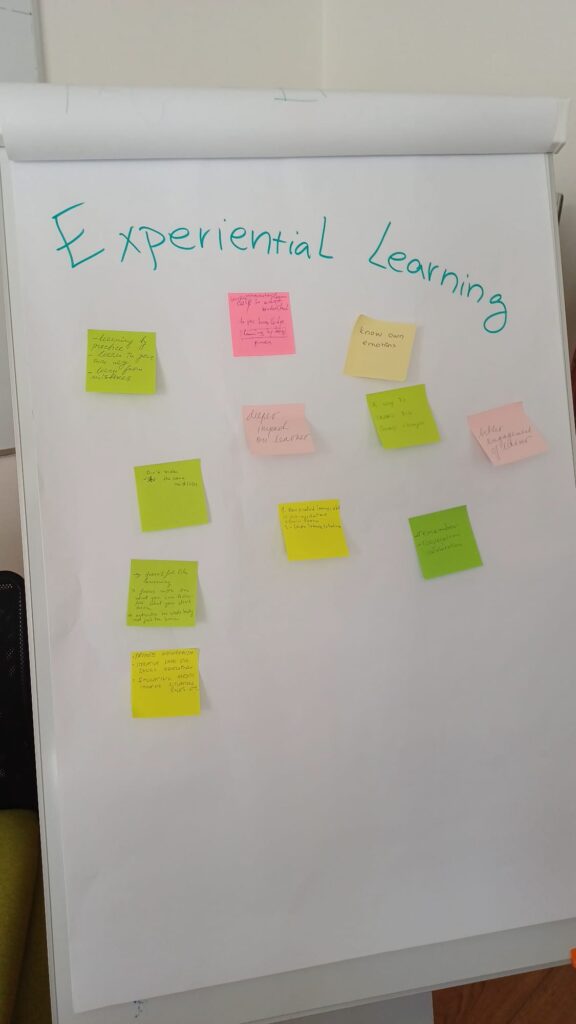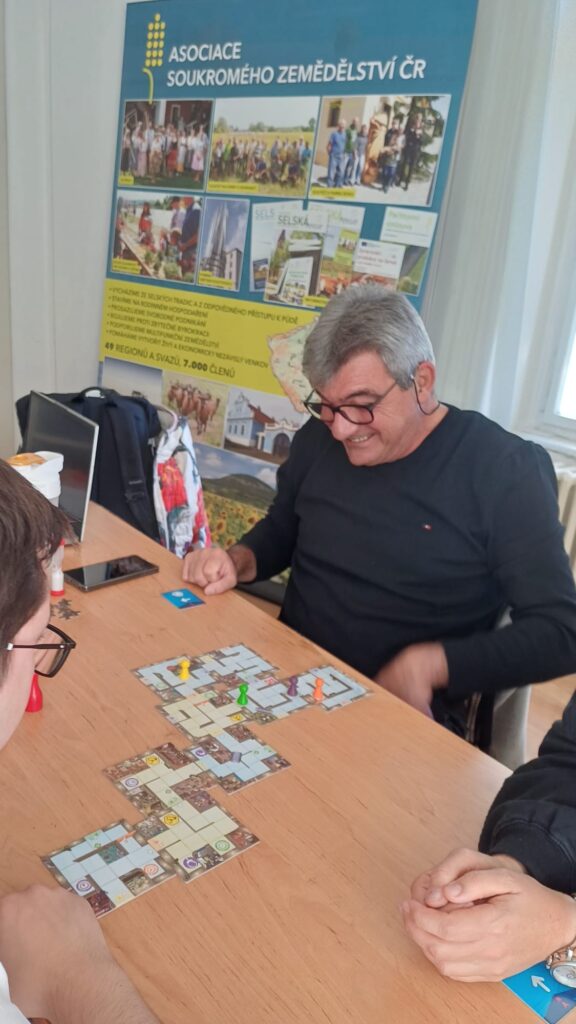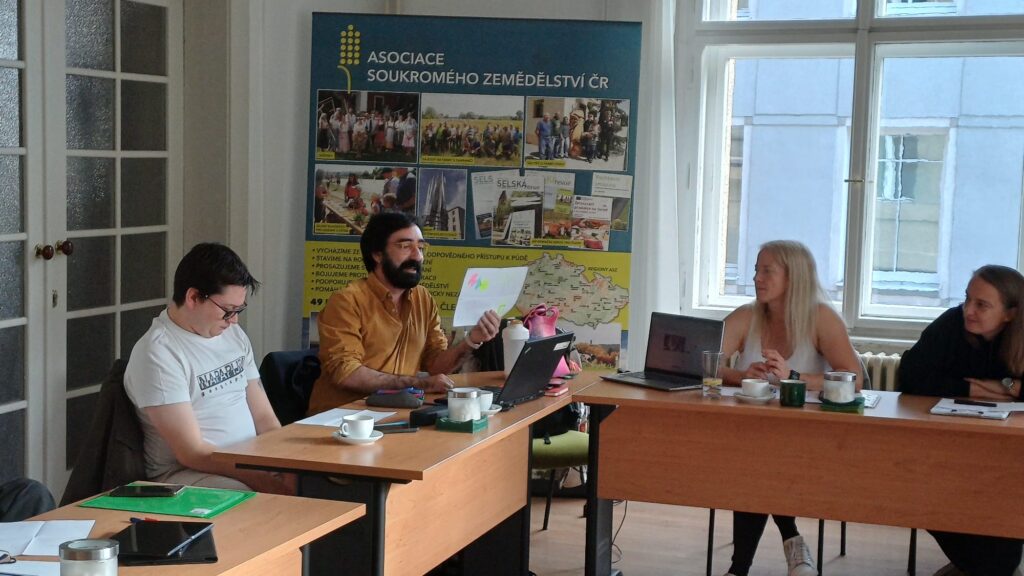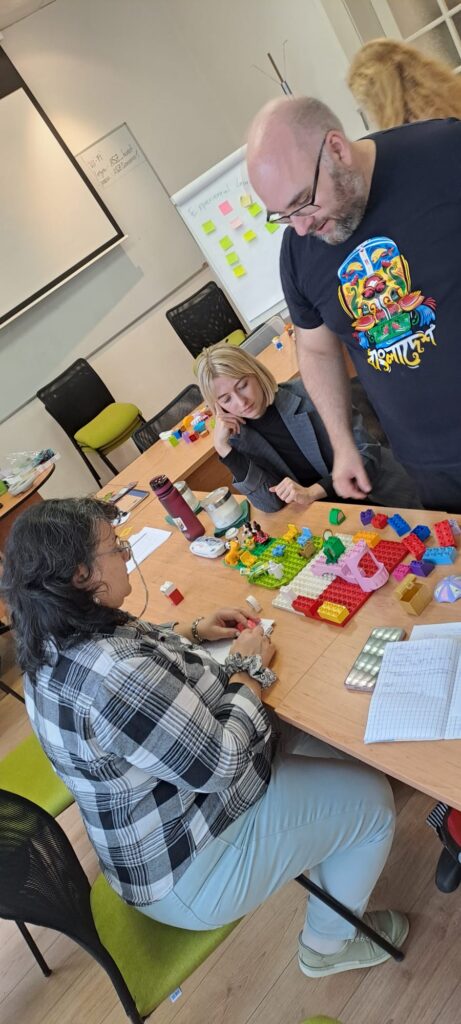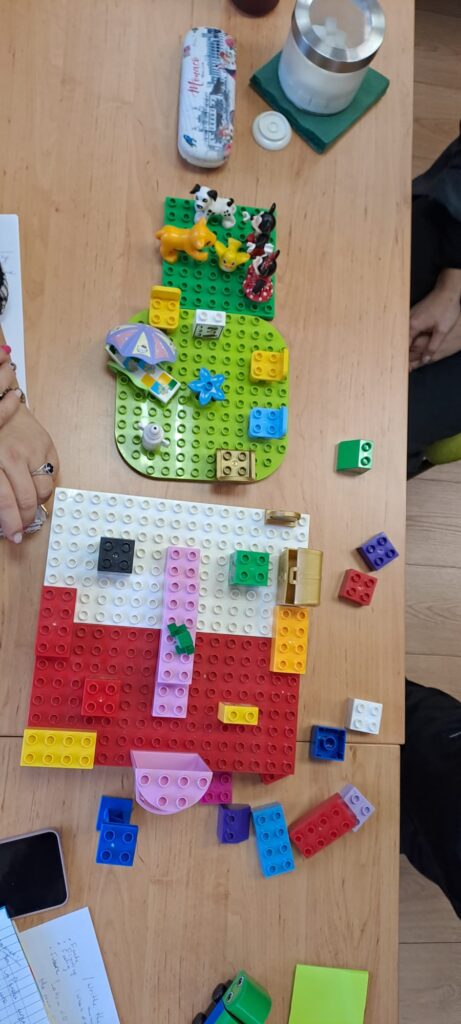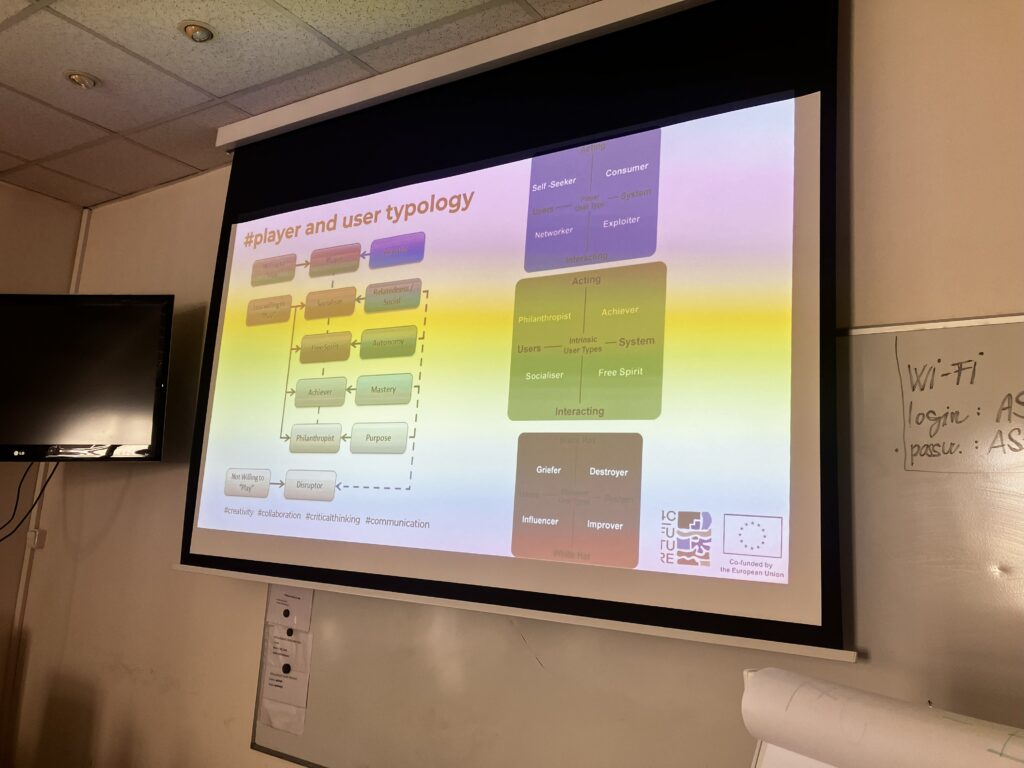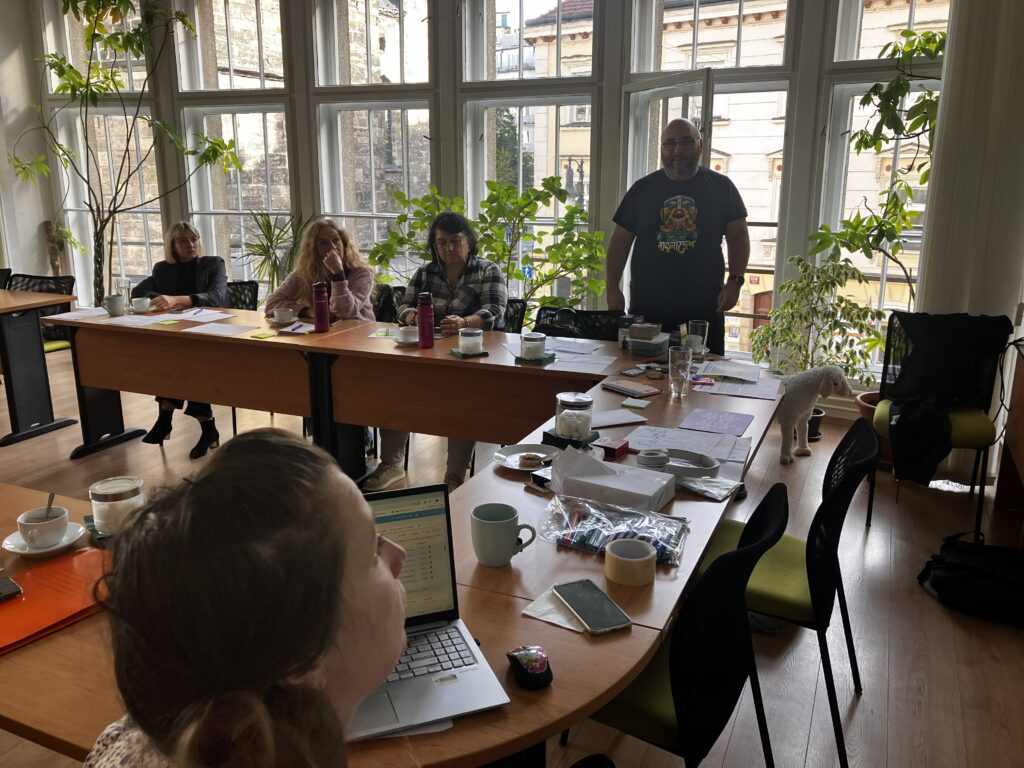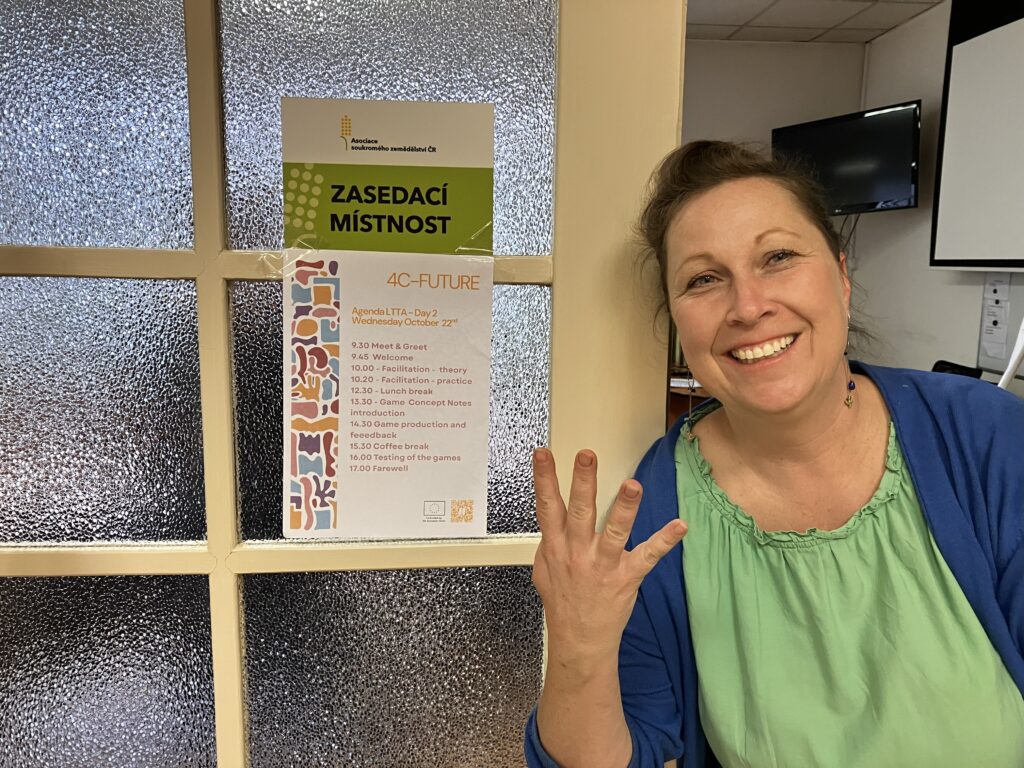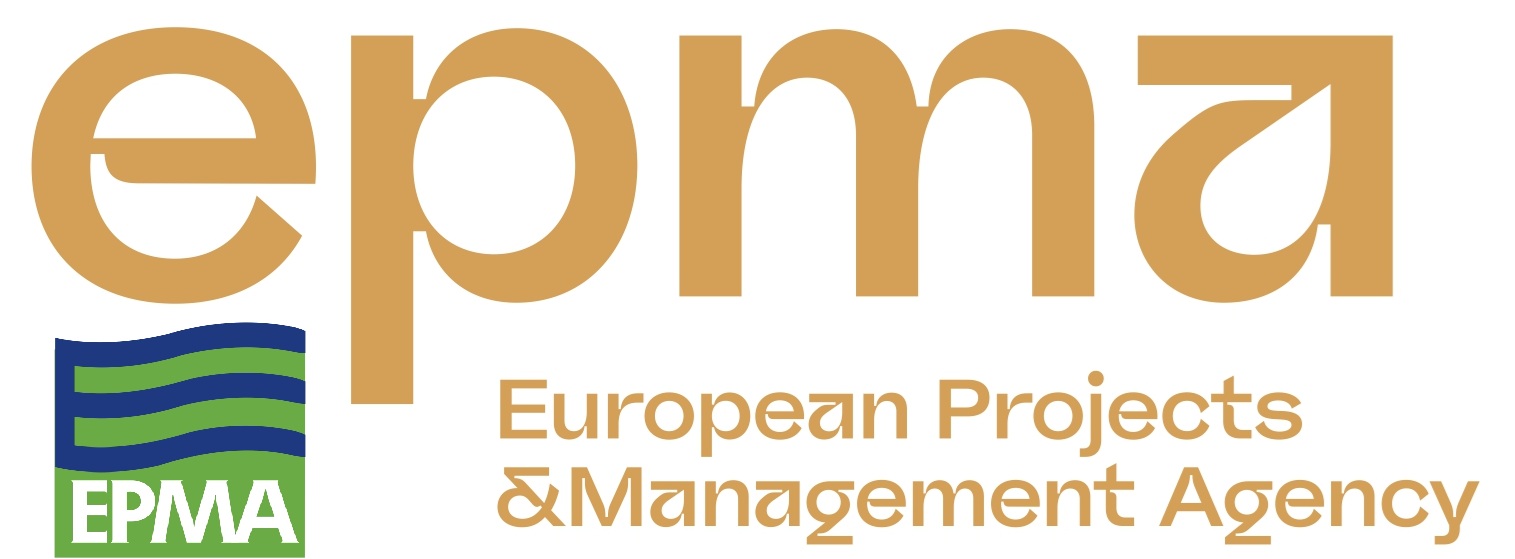

Prague, Czech Republic | 20–21 October 2025
The 4C-FUTURE project consortium met in Prague for its second transnational meeting, followed by a dynamic 2.5-day training session focused on experiential learning and educational game development. Hosted by EPMA, the project coordinator, this key gathering brought together partner organisations and co-designing teachers who are actively shaping the project’s content and methodology.
The project meeting began with an evaluation of progress made so far, particularly in terms of the management and coordination of activities. The team reviewed achievements and discussed the next steps in the project’s implementation. A special focus was placed on Work Package 3 (WP3), officially launched during this session. Partners collaborated to refine the structure and content of educational materials designed for teachers, laying the groundwork for the upcoming training modules.
The training, led by trainers from Mise HERo, focused on building participants’ understanding of experiential learning methods and how to implement them in the classroom. Through hands-on exercises and meaningful reflection, trainers demonstrated how learning through experience empowers students to engage deeply with content while developing critical 21st-century skills.
The second half of the training turned to gamification in education, equipping participants with tools to design, test, and refine their own educational games. Co-designing teachers and partner representatives explored how game elements—such as roles, rules, feedback loops, and challenges—can be used to foster the development of the 4Cs (Critical Thinking, Communication, Collaboration, and Creativity) as well as media and information literacy.
The sessions were inspiring, creative, and deeply practical, offering space for experimentation, feedback, and exchange of ideas. The co-designers – teachers directly involved in shaping the project’s materials – provided valuable input, ensuring the outputs are relevant, engaging, and tailored to real classroom needs.
The Prague meeting marked a significant step forward for 4C-FUTURE, demonstrating the power of collaboration between educators, trainers, and international partners to build future-ready, interactive learning tools that speak to the needs of today’s schools.
